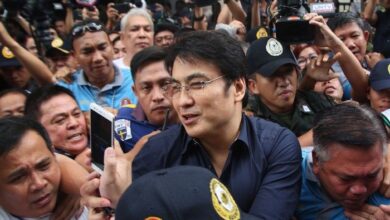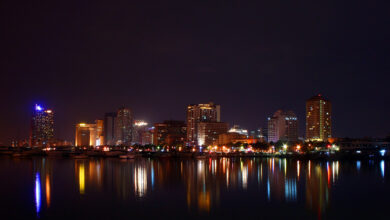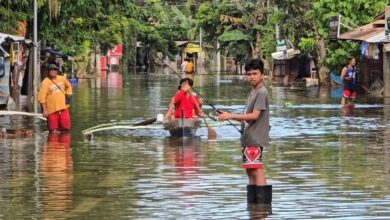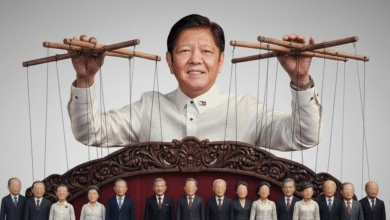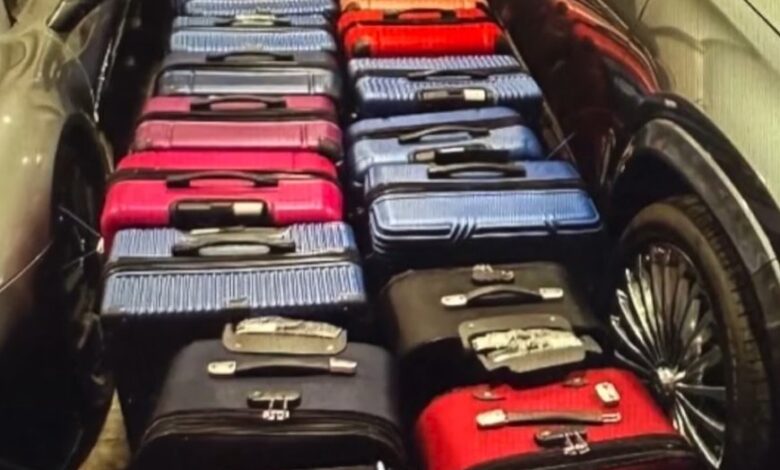
Zaldy Co details ‘maleta’ deliveries
In a video statement posted Monday, November 24, former Congressman Zaldy Co has revealed new and more specific details on alleged kickback deliveries to former Speaker Martin Romualdez and President Bongbong Marcos.
Facilitated deliveries from 2022-2025
Co started his statement by clarifying that he only facilitated kickbacks between the years of 2022 and 2025. According to Co, this totaled to about P56-billion pesos. He clarified that this is separate from P100-billion in insertions in the 2025 budget, and P97-billion in flood control insertions in the NEP of the 2026 National Budget.
Romualdez’s monthly requirement, involvement of DPWH officials
Zaldy Co revealed that when he sat as Chairman of the House Committee on Appropriations in 2022, he was instructed by then-House Speaker Romualdez that he needed to deliver P2-billion in kickbacks monthly.
Days later, the call from Usec. Roberto Bernardo came: “Sabi niya, kailangan ng tulong ng Bulacan sa problema nila sa baha.”
Co then welcomed DPWH District Engr. Henry Alcantara to his office in Congress. In that meeting, the details were discussed:
“Siya mismo ang nag-offer kung paano ang hatian sa mga proyekto ng DPWH.
22% para kay Speaker Romualdez, 2% para kay Usec. Bernardo, 1% para sa kanya.”
More specific details followed:
“Ang sistema po ay ganito: ang mga tao ni Henry Alcantara ang nakikipag-ugnayan sa mga tao ko na sina Paul Estrada at Mark Ticsay. Sila ang tumatanggap ng pera mula sa mga tao ni Alcantara. Minsan, sa bahay ko sa Valle Verde, minsan naman sa BGC parking.
Pagkatapos nilang makuha ang pera, sila Mark at Paul naman ang nag-aayos o nakikipag-coordinate sa tauhan ni Speaker Martin Romualdez na si Jocelyn Sereño para sa pagde-deliver ng male-maletang pera patungo sa bahay ni Speaker. Una, sa North Forbes Park sa McKinley Drive, at nang lumipat siya sa #14 Narra St. South Forbes Park.
Gusto ko pong linawin, hindi ako nakikialam sa mismong proseso ng paghahatid. Dumaan lang po sa akin ang pera na agad dine-deliver kay Speaker Romualdez. Ako lang po ang nagko-confirm sa text kay Speaker kapag nadala na ang pera sa bahay niya.
At lahat ng ito, mula sa unang utos noong 2022 hanggang sa huling delivery noong 2025, umabot sa mahigit P55 billion pesos-plus ang naihatid sa bahay ni dating Speaker Martin Romualdez. Madalas hindi nabubuo ang hinihinging P2 billion pesos bawat buwan ni Speaker kaya iyan ang final total. Ang sinabi mismo ni Speaker Martin sa akin na hati sila ni Pangulong Marcos sa perang iyan.”
Alleged Direct Deliveries to the President
Zaldy Co then shifted to the most sensitive phase of the operation: the alleged personal deliveries to President Marcos. He alleged that in November 2024, USec. Jojo Cadiz instructed him to prepare ₱1 billion for delivery to the President. Co said he complied, and in December 2024, he claimed two deliveries were completed:
-
December 2, 2024: ₱200 million delivered through Usec. Jojo Cadiz to 13 Tamarind St., South Forbes Park, where it was allegedly forwarded to the President’s residence at 41 Narra St.
-
December 5, 2024: an alleged second delivery of ₱800 million, coursed through Cadiz again
Co said his involvement remained the same: facilitating, verifying, and confirming delivery, not retaining any portion.
“Lahat ng ito ay base sa direktang utos ni Speaker Martin Romualdez,” he said.
Related: Like Father, Like Son—Bongbong Marcos’ downfall
The Crisis at Hand
The allegations, if true, paint a picture of a vast, institutionalized machinery—one that spans agencies, contractors, couriers, and some of the highest seats of political power. Zaldy Co portrays himself as a conduit following orders; Romualdez as a collector and distributor; and the President as an alleged beneficiary of carefully choreographed cash movements delivered in suitcases.
Beyond the numbers, the accusations point to something deeper and far more corrosive: that the country’s public infrastructure budget, already plagued by inefficiency, may have been treated as a private revenue stream, governed by percentages and quotas instead of national priorities.
These claims now sit in the public arena, demanding scrutiny. Whether they lead to accountability or are buried beneath the weight of political inertia will determine not just the fate of the individuals named, but the credibility of institutions that Filipinos rely on for governance.
Co’s testimony may be only one piece of a larger picture, but it is a piece too large, and too explosive, to ignore.

